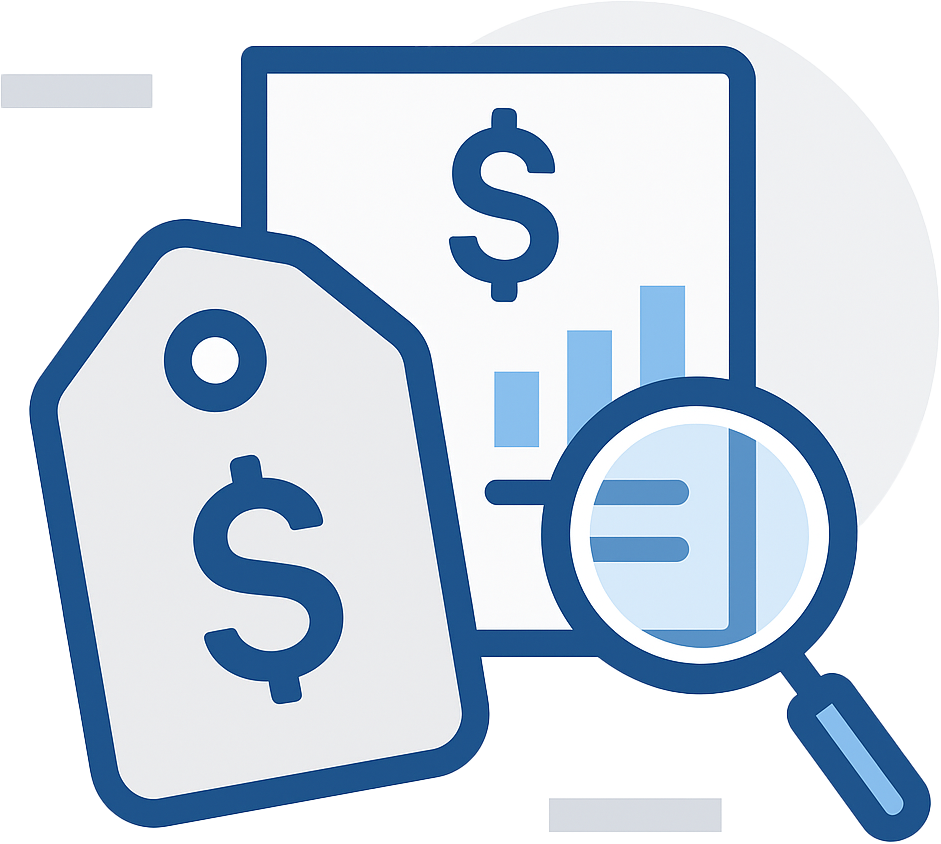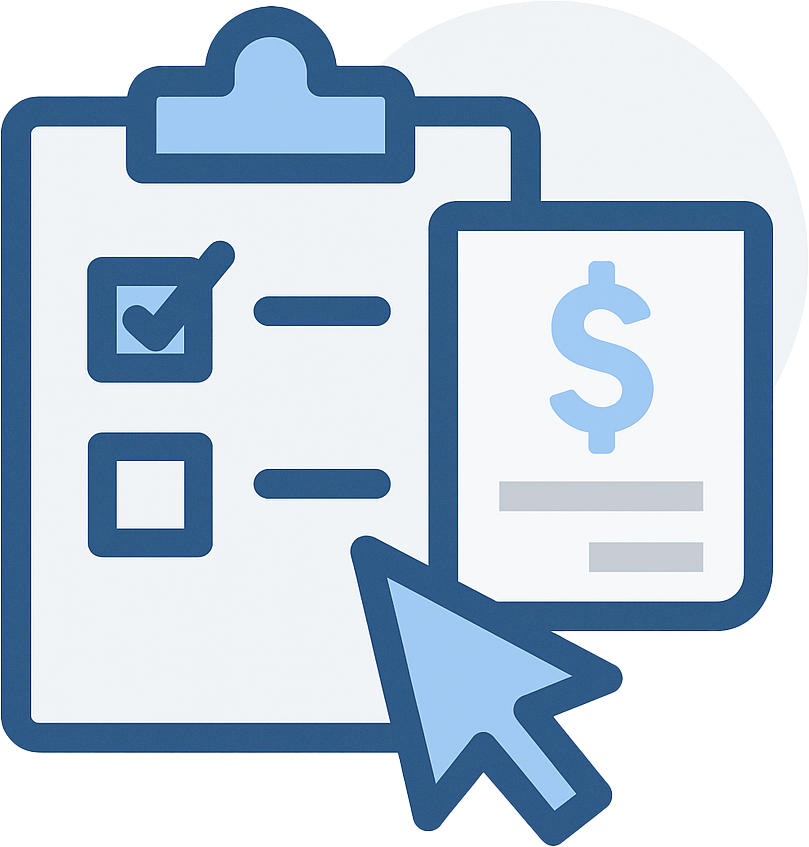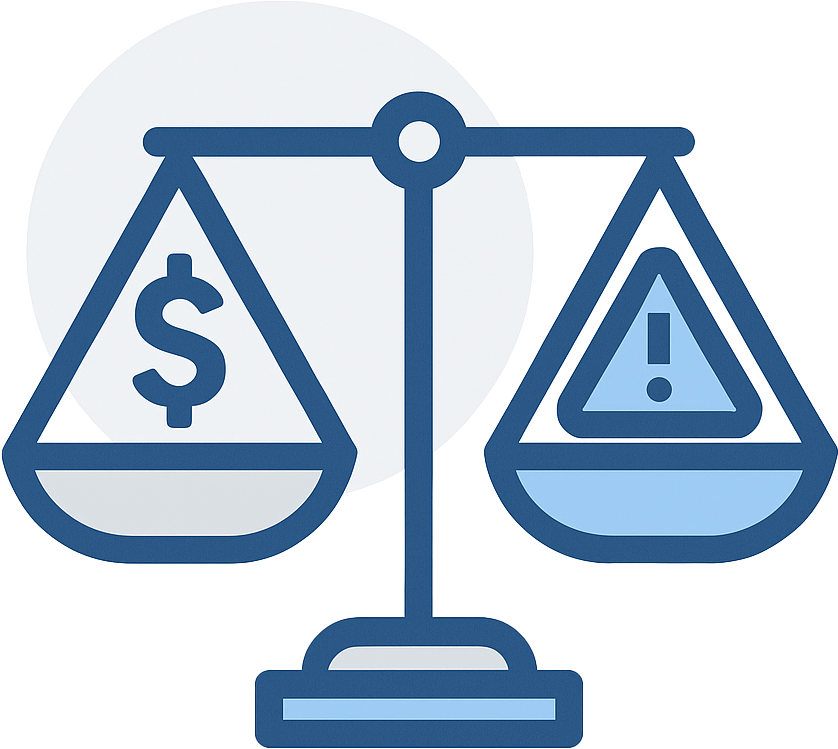Find out if your business needs a recycling approval in New Jersey in this quick read!
By now you're probably caught up to speed on what New Jersey recycling approvals are, but you may still be asking yourself: do I need one?
As you might have noticed, recycling regulations in New Jersey are pretty confusing. After all, New Jersey has some of, if not the most strict recycling regulations anywhere in the United States! Recycling approvals in New Jersey take time and expense to obtain, are tightly regulated and include regular facility inspections, and come with strict conditions, limitations, and fees, so it's crucial to understand if you need one.
If you're still scratching your head when it comes to whether or not you need a recycling approval in New Jersey, don't worry. We've dealt with our fair share of recycling approvals here in the Garden State, so we'll do our best to break down the criteria for needing (or not needing!) a New Jersey recycling approval as straightforward as we can.
So, who needs a recycling approval in New Jersey?
To put it as simply as possible - if you intend to engage in any recycling activities in the State of New Jersey of almost any size as a business, then you'll almost certainly need a recycling approval, unless your recycling activity qualifies for an exemption. We'll touch on exemptions and provide you with some additional resources to determine if you can qualify as exempt a little later on in this article.
The official answer to this question is a little more complicated. According to NJDEP regulations, any business in New Jersey that receives, stores, processes, or transfers "designated recyclable materials" needs a recycling approval to operate, issued by the State of New Jersey’s Department of Environmental Protection, unless they operate in a manner covered by an exemption from the need for a recycling approval.
Okay, there are a lot of technical terms there. Maybe you're starting to ask yourself: How does the NJDEP define receiving, storing, processing, or transferring? What kinds of things qualify as "designated recyclable materials"?
Let's take a closer look at these terms.
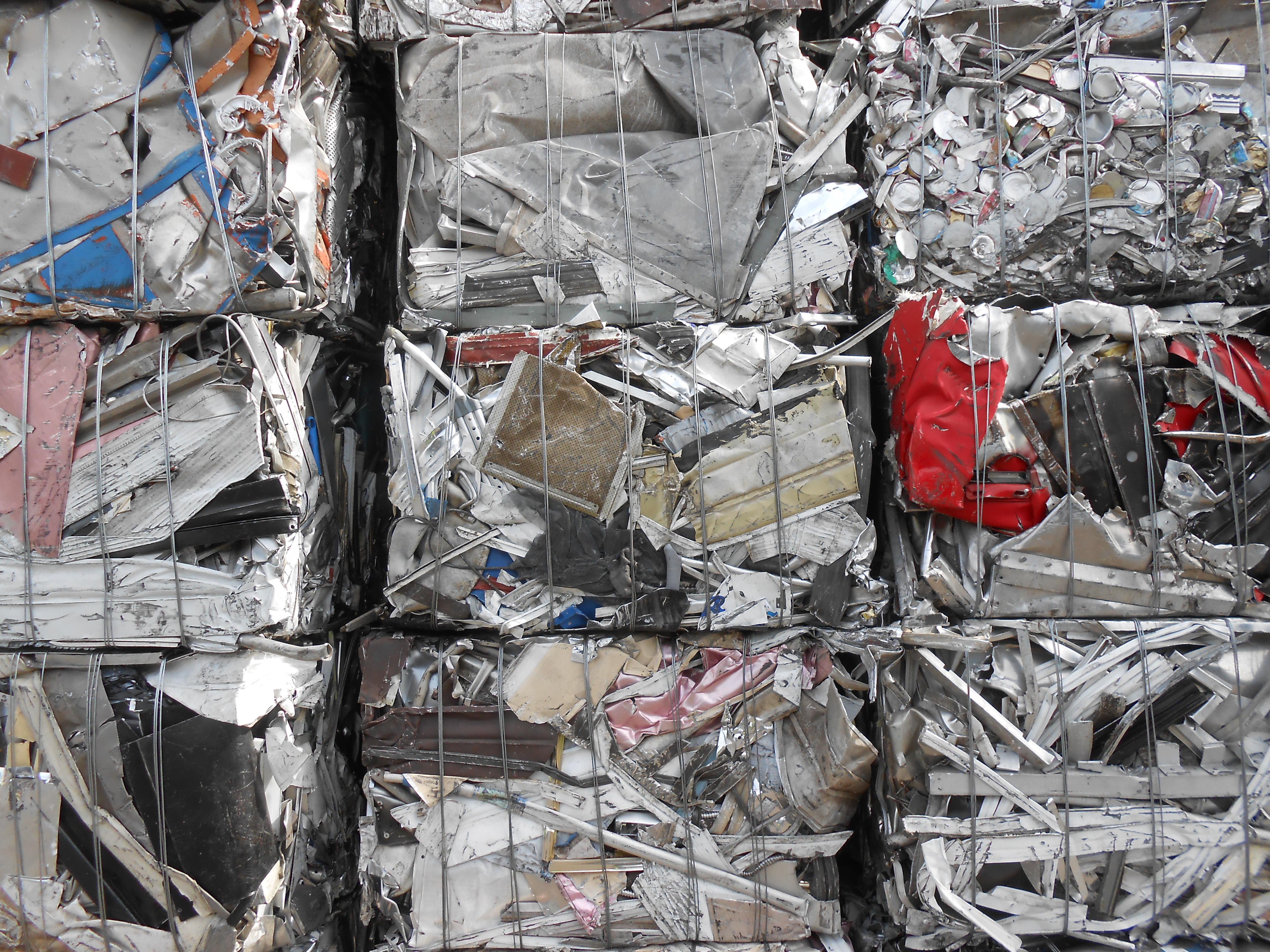
What does receive, store, process or transfer mean when it comes to NJ recycling approvals?
We often talk to people who have heard about recycling approvals, but don’t think they need one since all they do is get recyclable material into their site, stockpile it or put it in containers, and then later ship it out to some downstream recycling company somewhere else. They think "we're not processing anything, so we don't need a recycling approval". In reality, meeting any one of these four “triggers” requires a recycling approval:
- Receive – This is pretty easy. You get recyclable materials in the door, into your site, into your building, whatever. It’s delivered to you, dropped off, or otherwise gets to your facility. If any of these answers is yes, then you receive recyclable material.
- Store – The recyclable materials come into your facility, and are stored at your site, regardless of how long, whether it’s for an hour or a year.
- Process – This is the big one! Processing means the physical act of recycling, such as crushing, grinding, shredding, etc. But it also means taking things apart prior to the physical act of recycling, sometimes referred to as demanufacturing or deconstructing. For example, taking a piece of consumer electronics apart in order to separate circuit boards from other parts is processing.
- Transfer – Sending the material back out of your site, either in the same condition it came in as, or in some recycled form. For example, circuit boards from a computer being sent to a downstream recycler, or wood that has been ground to make wood mulch.
Again, you don’t need to meet all four of these criteria, any one of them alone will suffice to render your facility a recycling business, and probably in need of a recycling approval!
What recyclable materials are regulated by the NJDEP?
The State of New Jersey NJDEP generally identifies recyclable materials in the following classification scheme:
- Class A Materials- Class A recyclable materials are those that are typically thought of by most people as recyclable materials since that's what most of us recycle at home. Glass, plastics, cardboard, metal, that sort of thing. For more info, check out our article: What are Class A Recyclable Materials in New Jersey?
- Class B Materials- Class B materials are usually those we might consider to be construction-related materials, including concrete, asphalt, wood, tree parts, asphalt shingles, tires, and even petroleum-contaminated soil (yes, it's recycled). For more info, check out our article: What are Class B Recyclable Materials in New Jersey?
- Class C Materials- Class C recyclable materials that are composted, which are usually leaves, grass, farm materials, and maybe even food waste if it's composted.
- Class D Materials- Class D recyclable materials are mainly those that are characterized as universal wastes, and include computers and other consumer electronics (including computers), batteries, antifreeze, latex paints, used oil, etc. For more information, check out our article: New Jersey Class D Recyclable Materials - Electronics, Use Oil, and Universal Waste
We have a whole article on the classes of recyclable materials in New Jersey if you want to dive into this topic deeper.
And, as if this wasn't already complicated enough, you'll need to seek out what's known as a "multi-class recycling approval" if you plan to recycle materials from more than one of these identified classes.
Okay, I know I just said there were generally four classes of recyclable materials, but that isn't completely true. There are materials that don't fit into those categories, like textiles or architectural salvage items. There's no category for these oddball materials, but they're recyclable, and so fall under the heading of recyclable materials (and are usually covered by an exemption, which is good news). If you're looking to recycle these materials, you might be able to get covered under a New Jersey recycling exemption, you might need to get in touch with the NJDEP, and you might need to get some legal advice or talk to a recycling expert to get further help. It all depends.
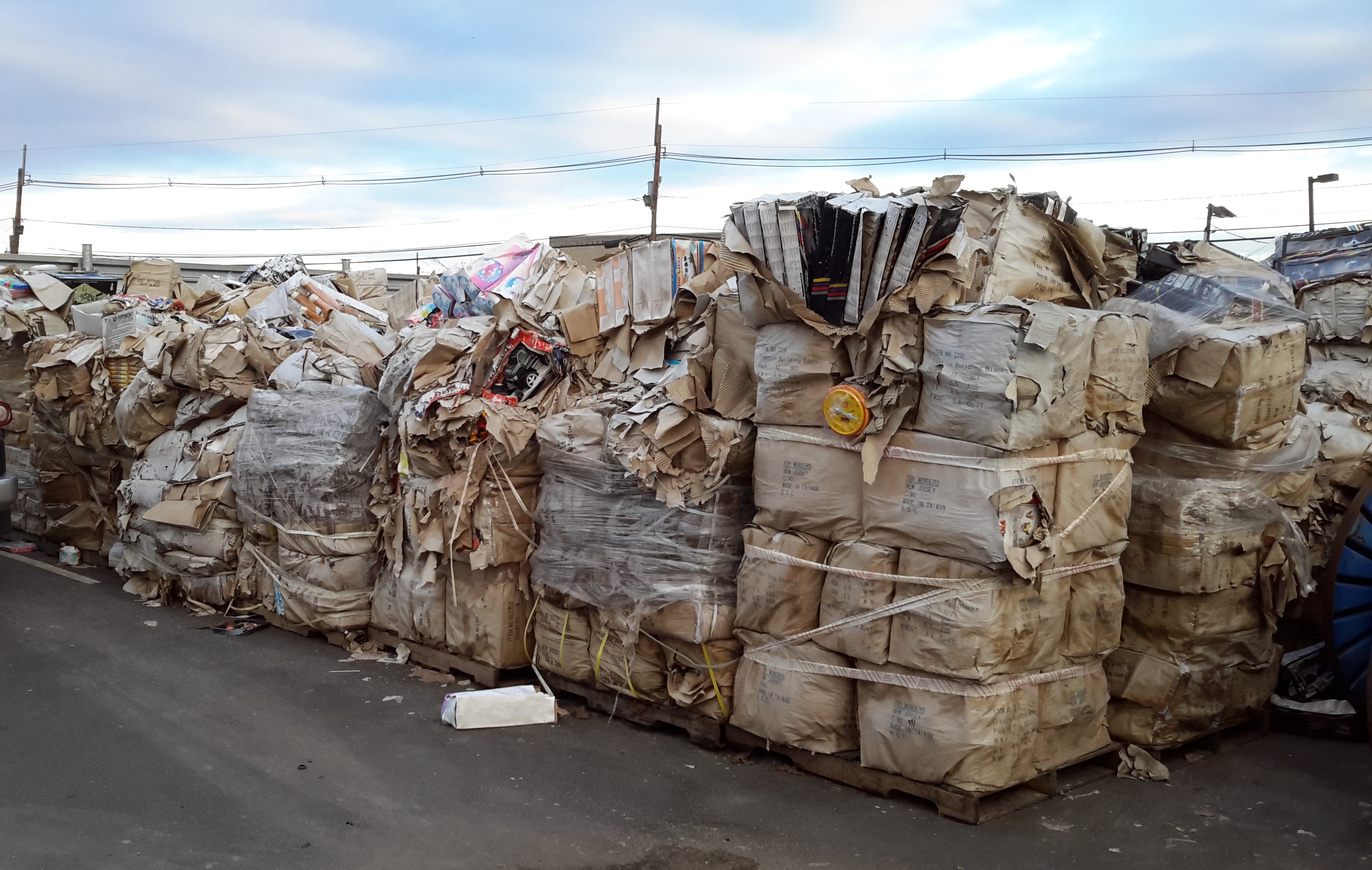
Are recycling approvals in New Jersey only needed for businesses?
Great question! The answer is no, anyone who "is in the business” of recycling either needs an approval or to be covered under an exemption. So not just businesses, but also government agencies, non-profit entities, etc. However, in our experience (and we have a lot of recycling experience in New Jersey) most who obtain recycling approvals are usually businesses or government agencies (such as County waste management agencies, for example).
And again, remember that you do not need to be involved from start to finish in the recycling process in order to need a permit. If you receive, store, process, or transfer recyclable materials in New Jersey - even if you're just a "middle man" that passes recyclable materials off to someone else - you'll still need an approval or to qualify as exempt.
But I only want to recycle for a short period, since my project is temporary - do I still need a recycling approval?
That depends! For the most part, a recycling approval is going to be needed regardless of the time involved. There are short-term recycling approvals for temporary or one-time projects (known as Limited approvals), which should be a little easier and less expensive to obtain. Even if you're only storing some recyclable material in your warehouse for a couple of weeks before handing it over to another business as a one-time favor, technically, you'd still need a recycling approval as far as the NJDEP is concerned.
There are also some exemptions for short-term projects, but keep in mind that these exemptions have strict limitations, so you'll need to be certain that you know exactly what you intend to recycle, what the duration of the project will be, and exactly what the regulations will be under your exemption if you obtain one. Not following them could lead to serious legal trouble - not good!
Can I qualify as exempt from needing a recycling approval in New Jersey?
Okay, by now you're probably crossing your fingers that you can get a New Jersey recycling exemption and put all of this behind you. After all, operating without the need for any permit or approval makes your life much, much easier.
Unfortunately, trying to figure out if you might be exempt from needing an approval is pretty complicated, since there are numerous exemptions, each with its own specific criteria. Most of these exemptions are for businesses who recycle materials in a very limited or small-scale manner and who therefore do not need to obtain a recycling approval from the NJDEP.
In fact, figuring out if you can qualify as exempt from needing a New Jersey recycling approval is so complicated, that it's more than we can cover in-depth (and give you any good answers) here. However, we've gotten so many questions about recycling exemptions in New Jersey, that we've actually developed an entire series of articles to help you determine if you might qualify for one. You can find the whole series, as well as some additional resources on New Jersey recycling exemptions, here:
If you really think that you may qualify as exempt from needing a recycling approval, or need some help determining if you can qualify for an exemption, it's best to reach out to a recycling expert for assistance.
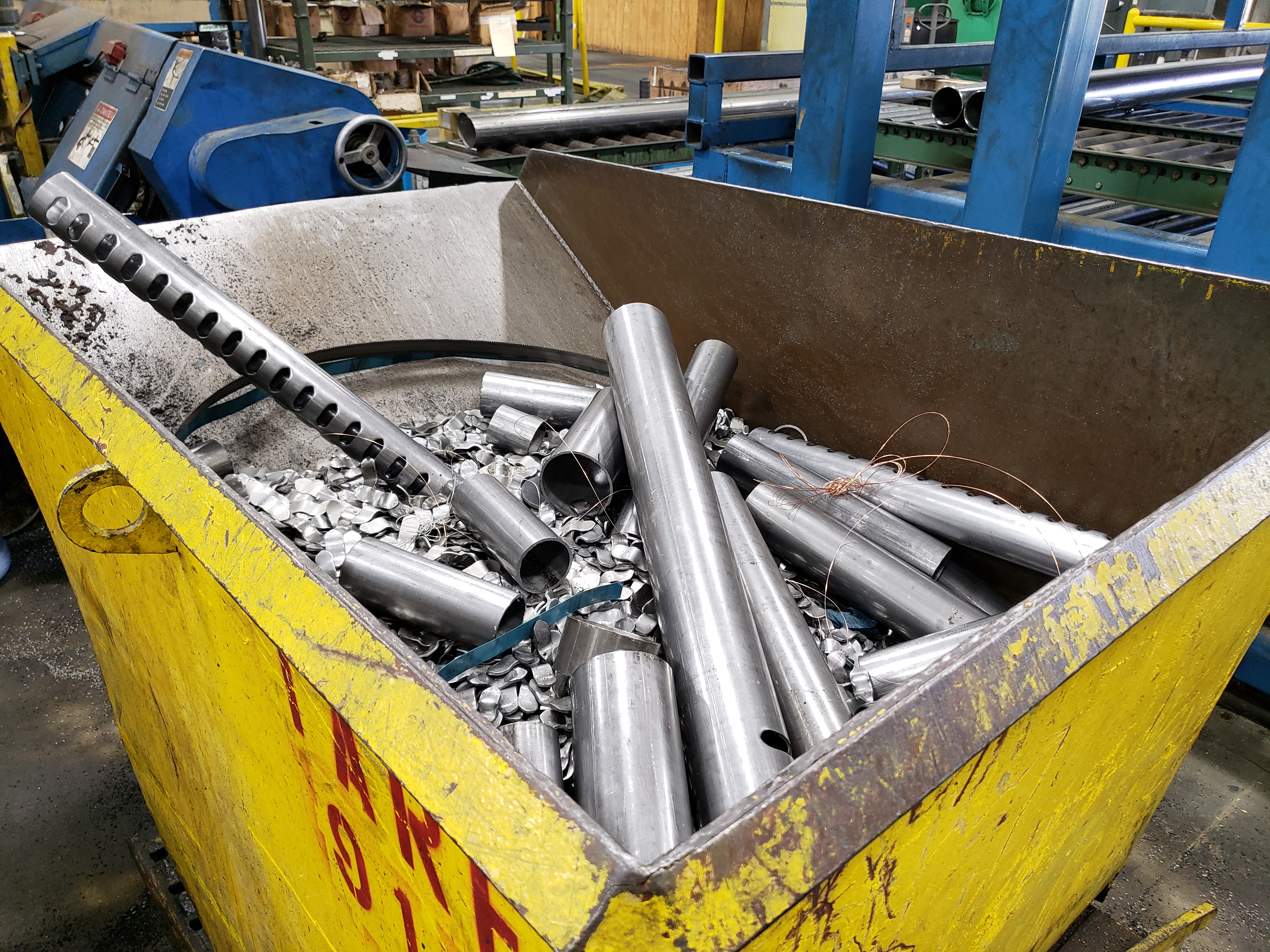
How does money impact recycling approvals and exemptions in New Jersey?
Notice that I’ve stayed away from the financial aspects of recycling in this article, since in many cases they don’t really play a role. You might get paid to receive, process or transfer recycled materials (like most businesses try to do), or you might do certain aspects of the process for free, such as municipal or County recycling agencies do for things like cardboard or wood. Usually, it doesn't matter whether or not you are being paid for your recycling activities, as you'll still need an approval or an exemption.
There are however some times that money plays a very central role, such as when selling recycled material is not allowed under a recycling exemption. Again, there are several different exemptions that you might be able to qualify for, each with its own terms and conditions. So, if you're planning on seeking status as exempt from needing a recycling approval, you'll need to be certain that you understand the rules and regulations that come along with it.
Not following the conditions outlined by your exemption (or your approval, for that matter) could land you in some serious hot water in the form of financial penalties, increased inspections, or even temporary (and in extreme cases - permanent) closure of business.
How much does a New Jersey recycling approval cost?
Well again, it depends. Which approval do you need? In the case of Class A approvals, your costs will be next to nothing, as the NJDEP isn't really concerned with them and won't charge you any fees.
But to be blunt, most New Jersey recycling approvals are quite expensive. Just for the approval itself, you can expect to pay somewhere between $2,400 and nearly $20,000, depending on which approval you need. Annual fees and inspections will run you in the neighborhood of another $13,000 to $20,000 - every year! That's not even to mention other "hidden fees" that you might have to pay, like 5-year renewals, modifications to your approval, or transfers of ownership. And, if you need approval under more than one class of recyclable materials, there's a whole combined pricing structure to take into account.
As you can tell, the costs associated with New Jersey recycling approvals add up quickly! We won't go into all of the specifics on costs here, but if you'd like a better idea of how much you'll need to pay for your approval, be sure to check out our other article: How much do New Jersey recycling approvals cost? where we break down all of the costs associated with each type of approval.
Additional Resources on Recycling Approvals in New Jersey
Recycling approvals in New Jersey are pretty complicated - more than we can cover here in this one article. If you're still unsure about New Jersey's regulations on recycling approvals, or would just like some additional information, some of these other articles may be useful to you:
Okay, let’s summarize. If you’re in the State of New Jersey, and are in the business of either receiving, storing, processing or transferring any recyclable materials, you either need a recycling approval from the NJDEP, or you need to be covered under an exemption from the need of a recycling approval. Anyone else either isn’t recycling, or is risking a violation.
Trying to wrap your head around New Jersey recycling approvals can be exhausting. We get it, because we've helped more businesses with recycling approvals in New Jersey than we can count.
So, if you're having any type of issue at your operation with New Jersey recycling approvals, need to obtain a recycling approval, or anything else related to your company's environmental program, and need the help of an environmental consulting firm with a proven track record, reach out.
Even if we can't help, we’ll do our best to steer you in the right direction. Feel free to contact us at info@rmagreen.com, click here to contact us, or give us a call anytime at 888-RMA-0230 to learn how we can help your operation deal with environmental regulations and recycling approvals in New Jersey.




